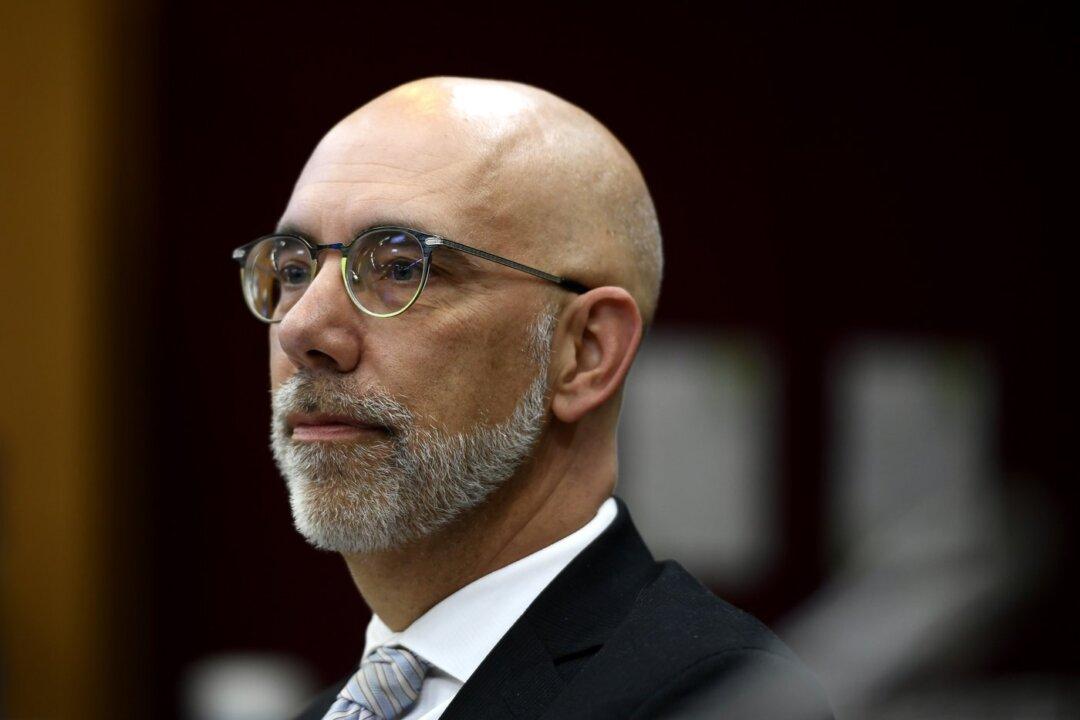The Parliamentary Budget Officer defended his decision not to include the impacts of climate change in his analysis of the upcoming federal budget, saying those costs are difficult to estimate and that global temperature changes would continue even in the absence of carbon emissions.
“Even though it would be ideal to have a cost-benefit analysis, the benefits are always not very tangible and not easily measurable,” Yves Giroux told the Government Operations Committee on March 27.





